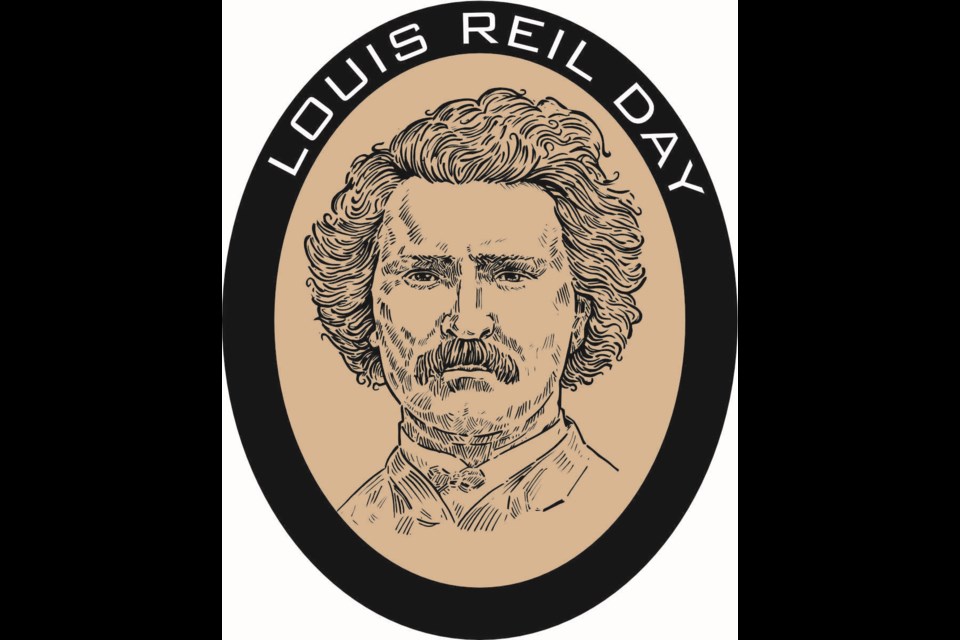On Feb. 21, Manitobans celebrate Riel, a leader of the Metis in Manitoba who negotiated with the Canadian Government to bring Manitoba into Confederation in 1870. Yet 15 years after forging a new provincial agreement the Canadian government executed Louis Riel. On Nov. 16, 1885, he was tried for treason against the Canadian government under Sir John A. MacDonald and died in Regina on public gallows.
What worked against Riel? He was well educated and had trained for the priesthood, although he was never ordained.
We can learn from history, although we cannot change history. But first, we need to know our history thecanadianencyclopedia.ca.
It was early 1870 when a contingent representing the Scottish parishes of Red River came against Riel’s provisional government in the fledgling province of Manitoba. For that military action, Riel’s government tried and sentenced one among them: Thomas Scott was executed by firing squad on March 4, 1870.
Did this set the stage for Riel’s own court-martial? Did it have to end this way for Riel, who is today almost revered and certainly respected?
As we read the accounts in two encyclopedias, the sketch of Riel and of his support from like-minded Gabriel Dumont leaves questions. Dumont, born in the Red River Settlement was a key military leader and ally of Riel but he did not suffer the same sentence as Riel.
In summary, the Northwest Uprising in 1885 fought between the Canadian government and the Métis and aboriginal allies was triggered by fear for Metis land rights and survival when white settlers brought a different way of life into the new province. https://www.britannica.com/event/North-West-Rebellion
It was a time of economic pressure, even hunger. The Metis hunters, and aboriginal peoples with whom they shared a kinship, were seeing the bison herds disappearing as white settlers started farms, put up fences, and built towns.
Riel's life, his ideals, commitment, and his actions have spawned possibly hundreds of books, including many children’s books and even a comic strip.
Local historian Ed James and a member of the Manitoba Metis Association Kel Smith took a trip back in time not so long ago. See their story here.
Why did negotiations fail? Why did it come to blows? Did Riel have to feel so disenfranchised as I suppose he must have to take the actions he did?
I suspect a thorough study of some of these volumes on Riel and his day might reveal why this was not talked through. We might not like the answer. It might have simply been more convenient to squash the rebellion rather than come to the table and negotiate.
Louis Riel famously said, “I am more convinced every day that without a single exception I did right. And I have always believed that, as I have acted honestly, the time will come when the people of Canada will see and acknowledge it.”
You can buy a t-shirt with that inscription. If nothing else, t-shirts, quotes, books and slogans point to an event that has grown in importance.
History cries out to inform our actions today.




